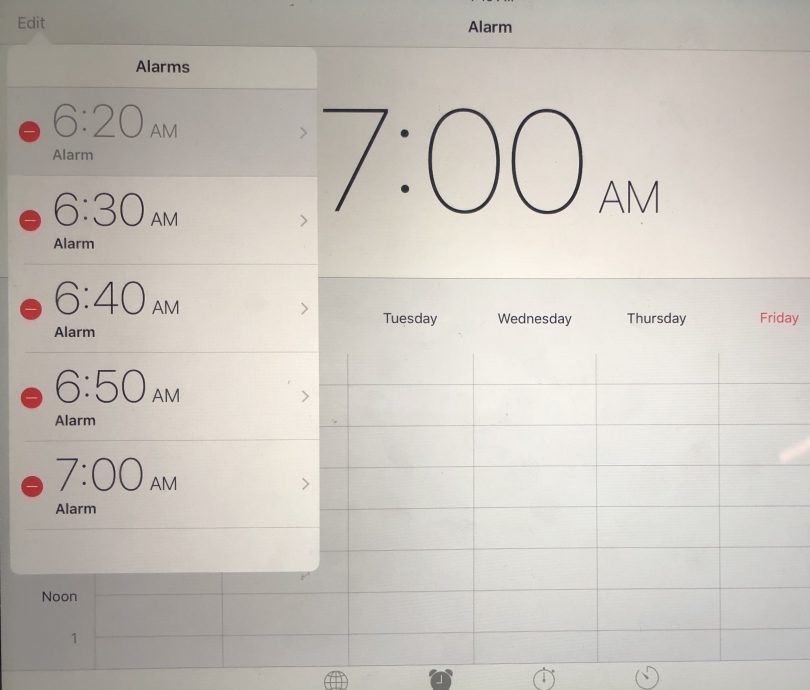Getting a good night’s sleep could be part of the solution to Australia’s increasing mental health concerns, according to research published in the international Sleep journal in September,
The effects of sleep loss cost the Australian economy in excess of $66 billion in 2017, due to lower productivity, car accidents and mental health issues, including anxiety and depression.
Eight South Australian sleep specialists, led by University of Adelaide professor Robert Adams, studied the sleep habits of 837 young Australians in a bid to uncover the real damage of sleep-deprivation.
Social Jetlag, defined in the study as the difference in sleep patterns between work and free days, was found to have an adverse impact on both physical and mental health.
According to Robert Adams, people with social jetlag are “less able to recognise their sickness signs [..] and feel the pressure to work despite feeling unwell and tired”.
Delayed Sleep Phase Syndrome is another sleep condition which is particularly relevant to young adults. Those who frequently go to sleep late and wake late in the afternoon are at a high risk of developing insomnia and depression.
According to statistics from mental health organisation Headspace, those between the ages of 18 and 25 require 7-9 hours of sleep each night. If this target is not met, the chance of using tobacco, alcohol or marijuana increases by 23 per cent and the chance of experiencing suicidal thoughts increases by 42 per cent.
Headspace advocates that good sleep habits be established at a young age. Despite this, it’s never too late to build a healthy sleep routine. Apps, including Smiling Mind and Calm offer free guided meditation routines to help the onset of sleep. In addition, eating fruit and vegetables, exercising for at least 30 minutes a day and staying away from screens two hours before bedtime can all assist with establishing a healthy sleep pattern.
Headspace encourages anyone concerned about their sleep habits to contact their GP.
To read the full study, visit https://www.sleep-journal.com.







